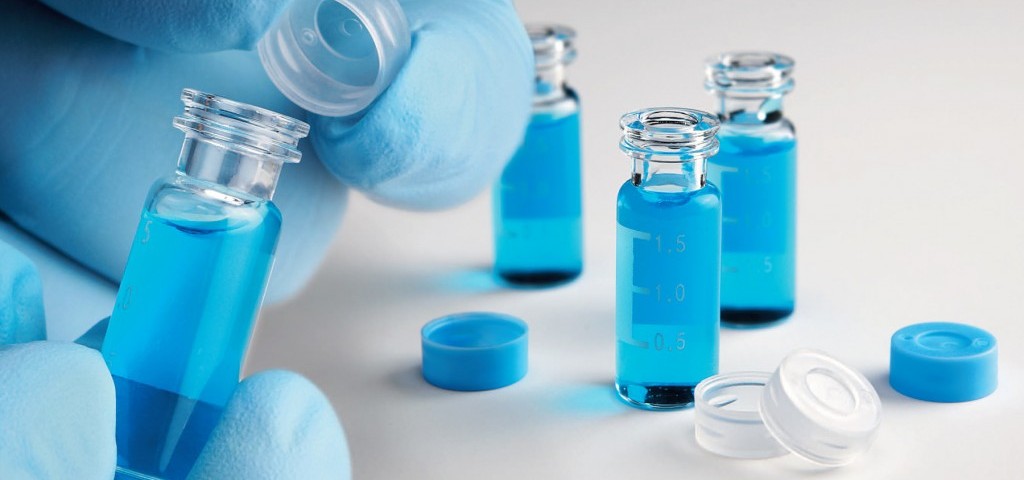Increasing the levels of tristetraprolin (TTP), a protein naturally produced in the body, helped to reduce or protect mice against inflammation, a study found, suggesting that pharmaceutical compounds capable of elevating levels of TTP in humans may be an effective treatment against inflammatory diseases like rheumatoid arthritis.
The study, “Enhanced stability of tristetraprolin mRNA protects mice against immune-mediated inflammatory pathologies,” was published in the Proceedings of the National Academy of Sciences.
Perry Blackshear, MD, a researcher at the National Institute of Environmental Health Sciences (NIEHS), part of National Institutes of Health, led the team of researchers that genetically changed the TTP gene in mice models of psoriasis, multiple sclerosis, and rheumatoid arthritis. After genetic modification, these animals were able to produce higher quantities of the TTP protein and fight inflammation.
“Mice with more TTP in their bodies were resistant to the inflammation that accompanied these experimental models of disease,” Dr. Blackshear said in a news release. “We also found evidence of how TTP is providing this protection.”
Dr. Blackshear traced the beneficial effect of TTP to its capacity to target messenger molecules that encode cytokines, proteins involved in the inflammatory process. TTP binds to these molecules and disrupts them, causing a decrease in cytokine levels and, consequently, decreased inflammation. Increased systemic levels of TTP, secondary to increased stability of its mRNA throughout the body, was seen to protect against inflammatory diseases in animal models and might be viewed as an attractive therapeutic target for people. Importantly, the researcher said that TTP-based therapies would likely be both easy to administer and cost effective.
Future work aims to identify compounds with effects on TTP levels in the body.
“Many current therapies for these inflammatory diseases are expensive and require the medicines be introduced into the body under the skin, in the muscle, or by intravenous injection,” said Sonika Patial, DVM, PhD, and the study’s lead author. “Our ideal treatments would be administered orally in pill or liquid form.”
Inflammation plays a major role in the bodily processes, but also promotes diseases. Developing new treatments for inflammatory conditions could reduce an increasing health burden.


